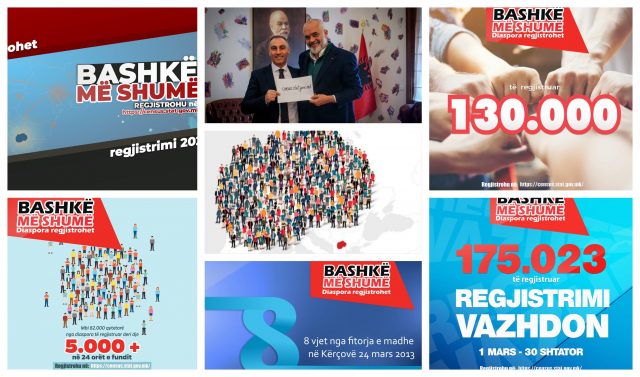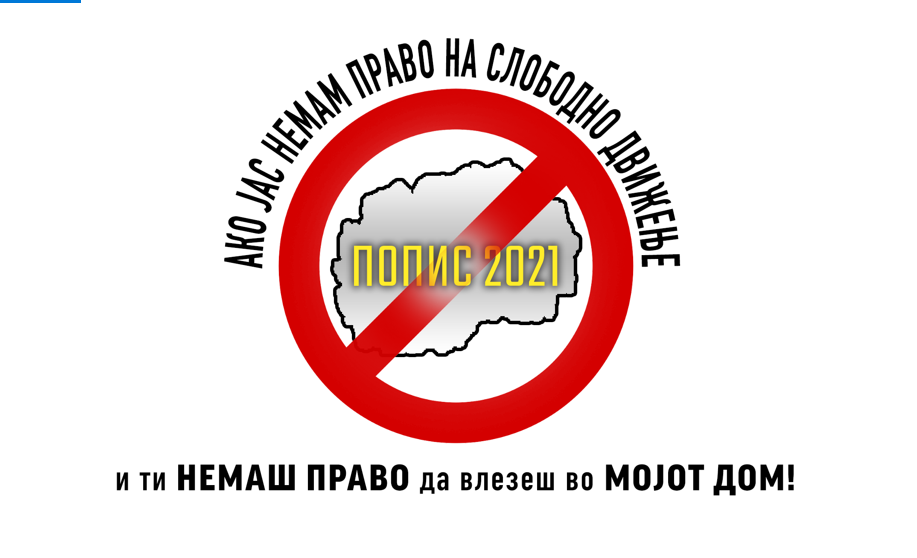The results of the census conducted last year showed that 132,260 residents remained unregistered. Many doors remained closed due to calls to boycott the census. The census takers did not knock on many doors for one reason or another, but that did not make the Macedonians go to the census sites and register themselves. In other words, the price of the boycott and the apathy was paid by the Macedonians.

At today’s presentation of the census results, the director of the State Statistical Office, Apostol Simovski, pointed out those who openly called for a boycott as one of the factors for the fact that 7.2 percent of citizens did not register.
Were it not for the black campaigns that we work outside the EU standards, that we have already agreed beforehand, this number would have been much lower. Those who abused the campaign will realize that they were wrong. My opinion is that no one should be punished for not registering. We do not know if they did not register due to the open boycott, said Simovski.
He added that during the census process, many citizens were on vacation.
The beaches were full at that time, especially after a year in which no one could go on vacation, said the head of the SSO.
Simovski added that there are other factors that dictated this number.
People were in the fields, they came home after 20 h, they were hard to find. We had covid, people were scared of the possible spread of the disease, although we took all measures, he added.
However, not only did Macedonians go on vacation and in the fields. Albanians also went to beaches and fields. But their policy did not remain indifferent and did not allow them to remain unregistered.
With a fierce campaign conducted both in the diaspora and at home, DUI called on all Albanians to register in the census. Ethnic Albanian opposition parties did not oppose or boycott either.
For months, Artan Grubi, Bujar Osmani and other influential members of the ruling party went from house to house in Macedonia, but also in Switzerland, Albania, wherever Albanians live, agitated and had the support of all Albanian parties. Today we see the fruits of that work.
Every day the people registered from the diaspora were counted and posters with the numbers were published.

For days in public appearances, DUI officials have been answering questions that may arise as census-related ambiguities.
And as Albanian politicians say, instead of dealing with their number, Macedonians care about the number of Albanians. In fact, in the end we see that Macedonians do not care about their number or their country.





Comments are closed for this post.